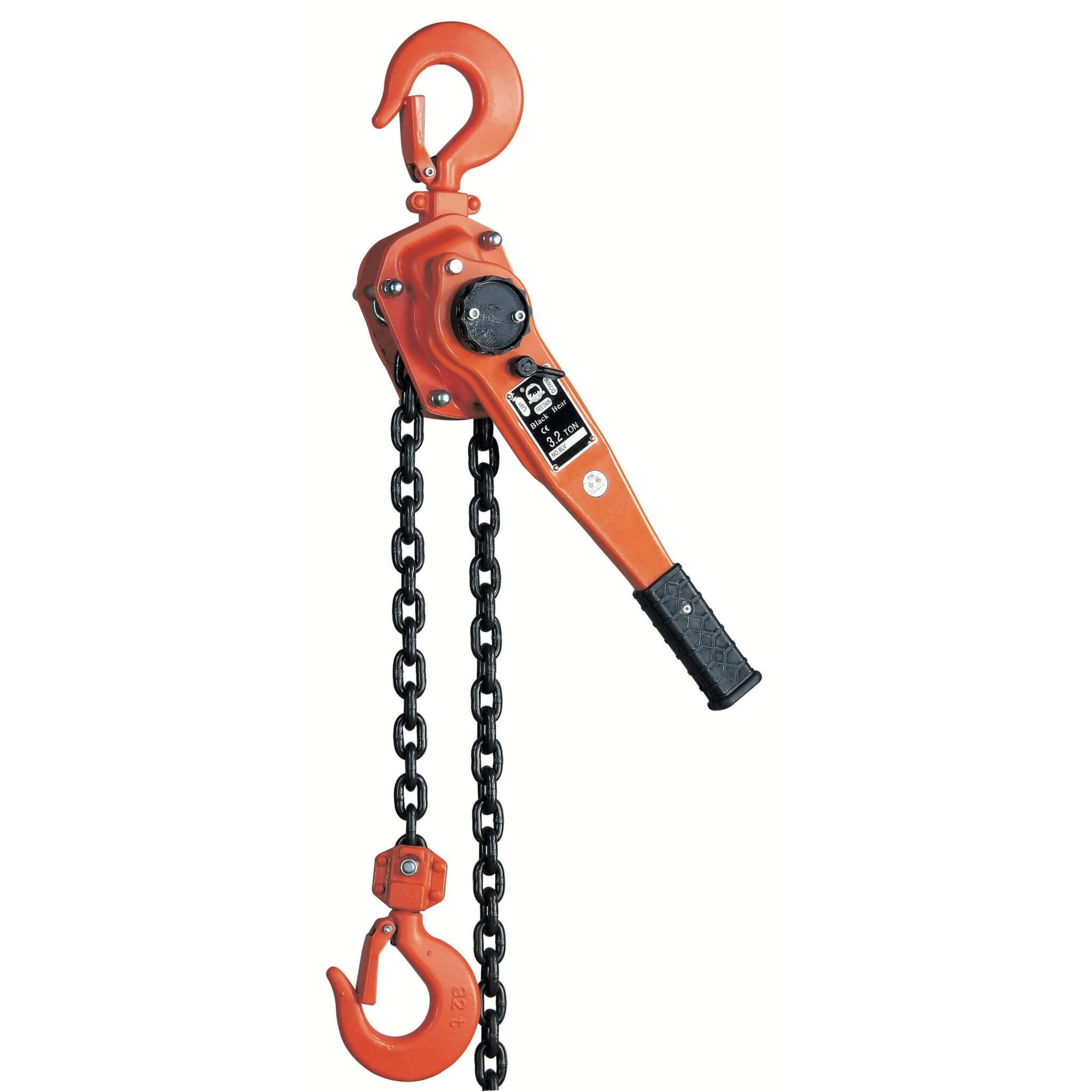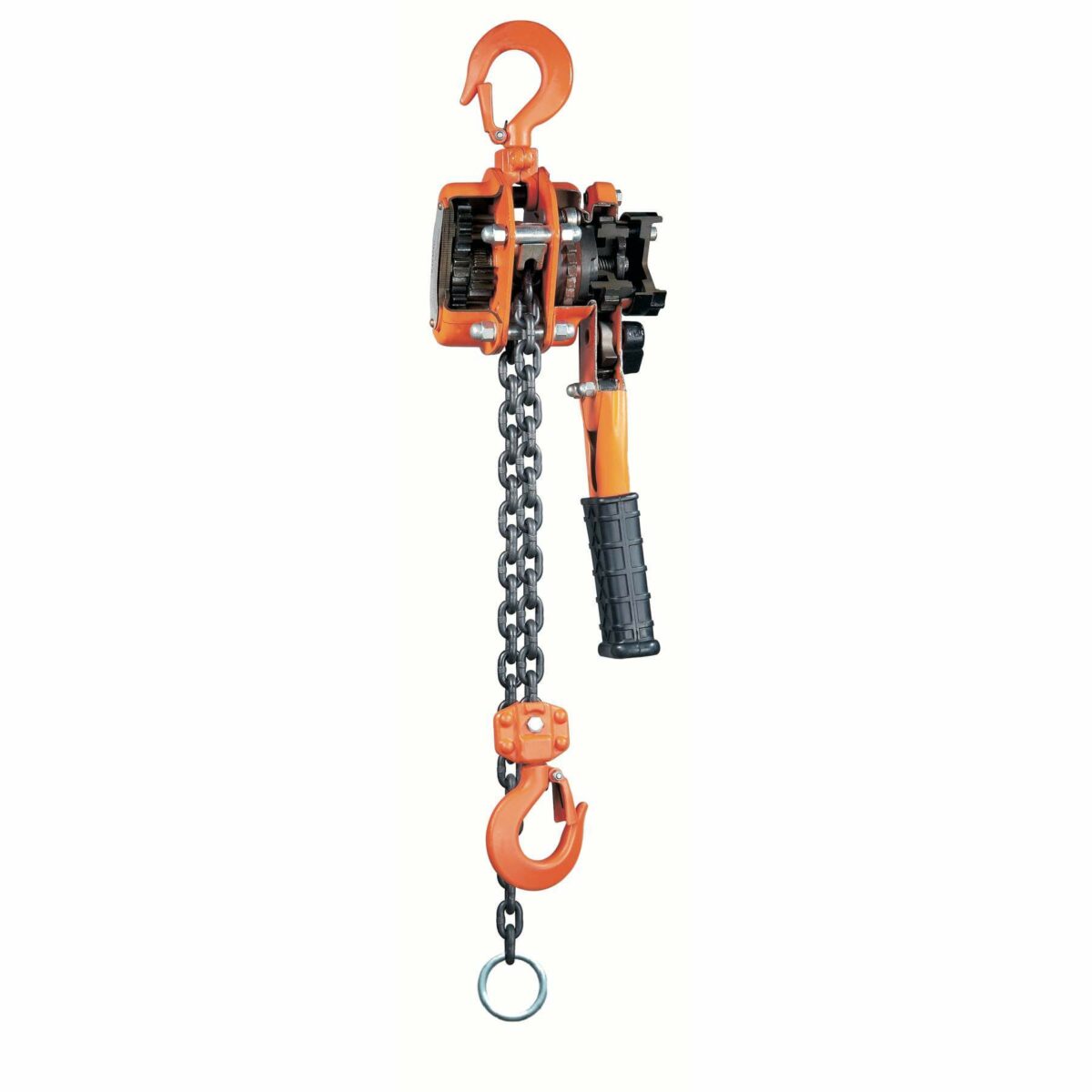Examine hooks for the following:
- Missing or illegible hook manufacturer’s identification or secondary manufacturer’s identification
- Missing or illegible rated load identification
- Excessive pitting or corrosion
- Cracks, nicks, or gouges
- Wear—any wear exceeding 10% (or as recommended by the manufacturer) of the original section dimension of the hook or its load pin
- Deformation—any visible apparent bend or twist from the plane of the unbent hook
- Throat opening—any distortion causing an increase in throat opening of 5% not to exceed 1/4” (6mm), or as recommended by the manufacturer
- Inability to lock—any self-locking hook that does not lock
- Inoperative latch (if provided)—any damaged latch or malfunctioning latch that not close the hook’s throat
- Damaged, missing, or malfunctioning hook attachment and securing means
- Thread wear, damage, or corrosion
- Evidence of heat exposure or unauthorized welding
- Evidence of unauthorized alterations such as drilling, machining, grinding, or other modifications
If signs of any of those listed above are visually apparent, then use of said hook is mandated to be out of service until proper repair by qualified personnel has been performed.



Reviews
There are no reviews yet.